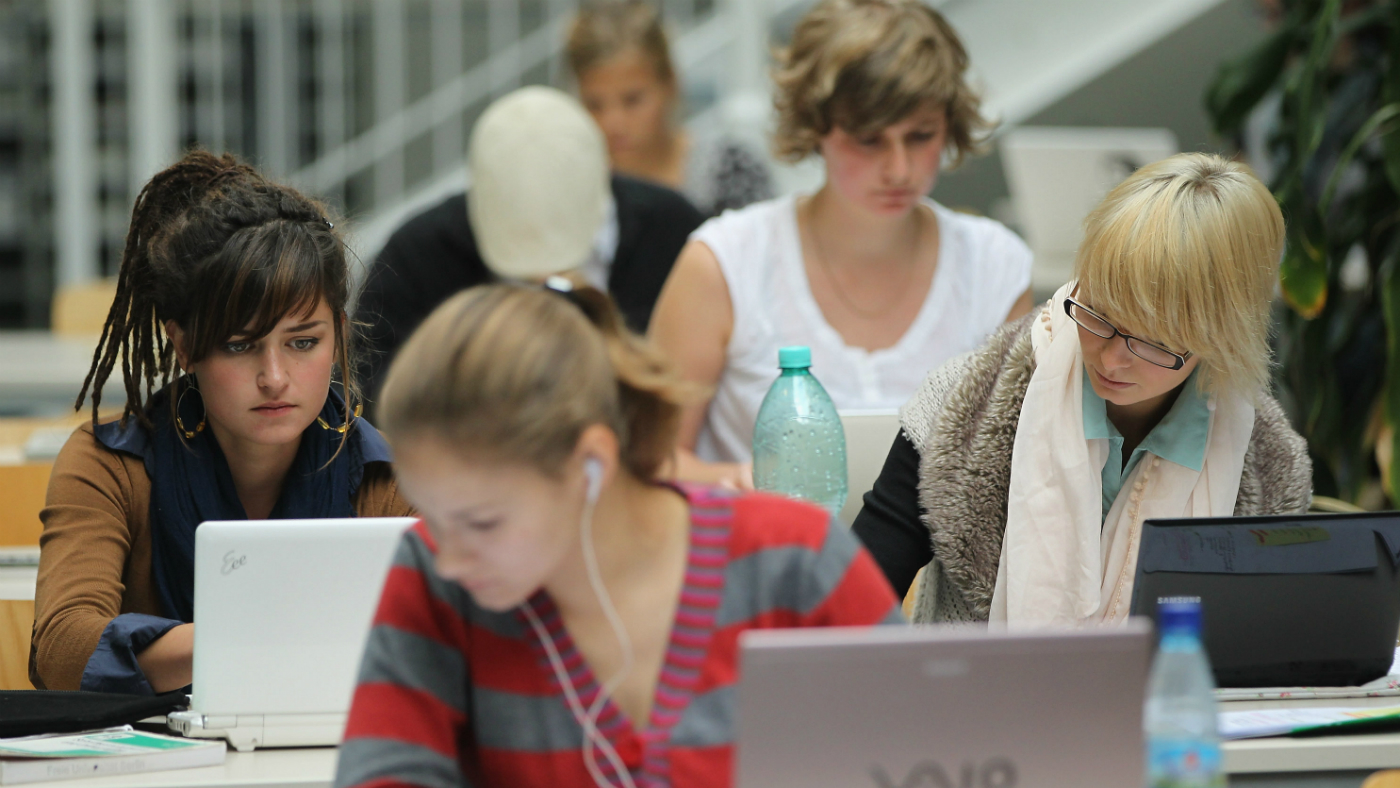Why millennials will be unhealthier than their parents by middle age
New report warns that work and housing worries facing younger generation may lead to ‘lifestyle-related diseases’

A free daily email with the biggest news stories of the day – and the best features from TheWeek.com
You are now subscribed
Your newsletter sign-up was successful
Millennials are set to become the first generation to be less healthy than their parents by the time they reach their 50s and 60s, according to new research.
The report, published by the Health Foundation think tank, suggests that problems with housing and employment among people currently in their 20s and 30s is likely to lead to a higher risk of lifestyle-related diseases such as cancer, heart disease and diabetes by the time they hit middle age.
The trend is “linked to long-term stress, anxiety, depression or lower quality of life”, according to the study, which also found that millennials are the first to earn less money than their parents’ generation did at the same age.
The Week
Escape your echo chamber. Get the facts behind the news, plus analysis from multiple perspectives.

Sign up for The Week's Free Newsletters
From our morning news briefing to a weekly Good News Newsletter, get the best of The Week delivered directly to your inbox.
From our morning news briefing to a weekly Good News Newsletter, get the best of The Week delivered directly to your inbox.
“The report says that this may have health consequences because trends such as graduates taking non-graduate jobs, zero-hours contracts and the ‘gig’ economy can reduce well-being,” The Daily Telegraph says.
A “secure home” is a “building block” for good future health, according to the researchers. However, just 31% of the 2,000 people aged between 22 and 26 who took part in the survey said they had a strong support networks while growing up.
Only 46% of subjects said they had enough financial and practical family support, while 49% said they had emotional support from family.
Jo Bibby, the foundation’s policy director, told The Times: “There are already signs that the gains made in improving the health of previous generations may well be eroded by the precariousness and instability of the lives many young people are facing.”
A free daily email with the biggest news stories of the day – and the best features from TheWeek.com
Michael Marmot, professor of epidemiology and public health at University College London, agreed that “we may be storing up problems for the future, in addition to whatever problems of mental illness, crime and the like that may be happening right now”.